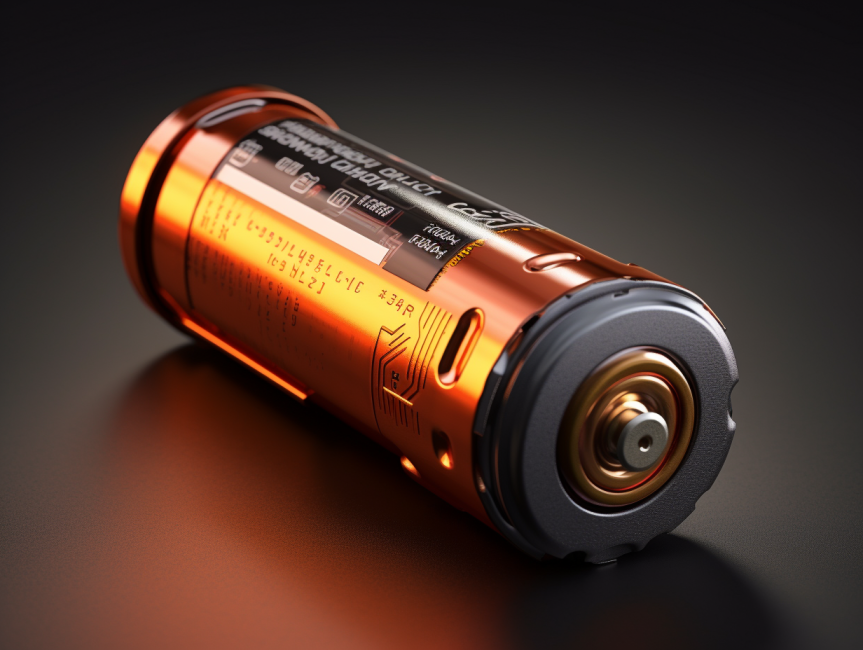
Lithium Metal Thermal Battery
Operating within a high-temperature range of 350°C to 700°C, this battery employs lithium metal and molten salt electrolytes for rapid electrochemical reactions. The elevated temperature maintains the electrolyte's molten state, facilitating efficient ion transport and rapidly converting stored chemical energy into electricity. With exceptional energy density and extended shelf life, lithium metal thermal batteries are indispensable in applications requiring high power and energy densities. From aerospace to missions, they reliably deliver potent bursts of energy. However, their non-rechargeable nature and stringent operational requirements necessitate meticulous handling and maintenance. Utilizing lithium metal as an electrode and incorporating refined thermal regulation mechanisms is tailored for demanding aerospace and needs.
→ Lithium metal serves as the anode material owing to its elevated energy density and chemical reactivity.
→ Cathode material may vary but is typically inert in lithium metal thermal batteries, serving as a passive counterpart to the highly reactive lithium metal anode.
→ It utilize a molten salt electrolyte, typically comprising lithium salts like lithium chloride or lithium fluoride dissolved in a suitable solvent.
→ It operate at elevated temperatures, typically ranging from 350°C to 700°C, to sustain the molten state of the electrolyte.
→ These batteries can be configured in various shapes and sizes, including cylindrical, prismatic, or pouch cells, tailored to specific application demands.
→ A thermally stable separator is employed to maintain a physical barrier between the anode and cathode, preventing direct contact and ensuring safe and efficient operation.
→ Advanced thermal regulation mechanisms are integrated to monitor and control the battery's operating temperature, optimizing performance and safety.
→ These batteries offer remarkable energy density, making them ideal for applications requiring compact and lightweight energy storage solutions.
→ They are typically non-rechargeable and designed for single-use applications due to the irreversible nature of the chemical reactions involved.
→ These batteries boast an extended shelf life compared to other battery chemistries, ensuring reliable performance even after prolonged storage periods.